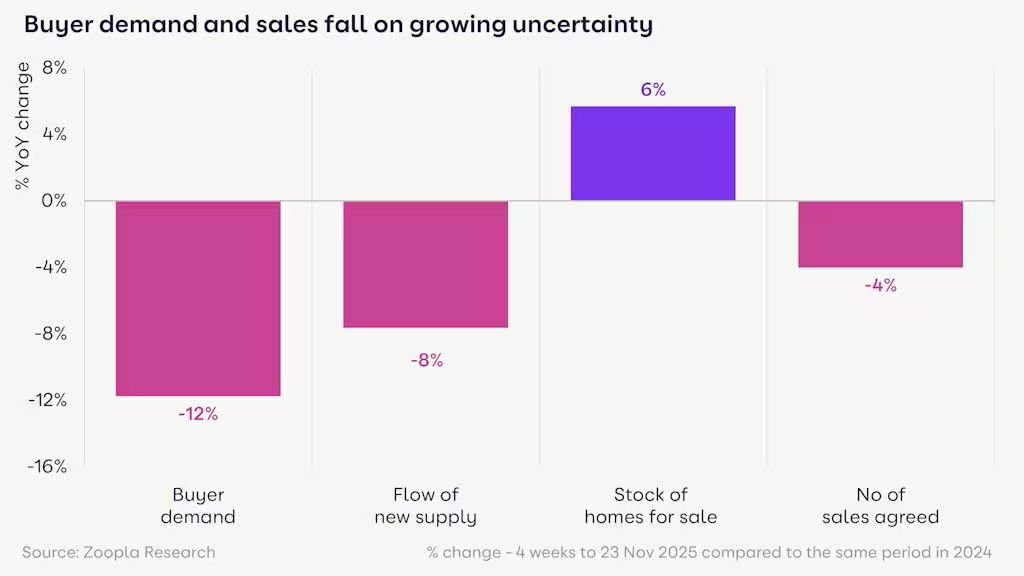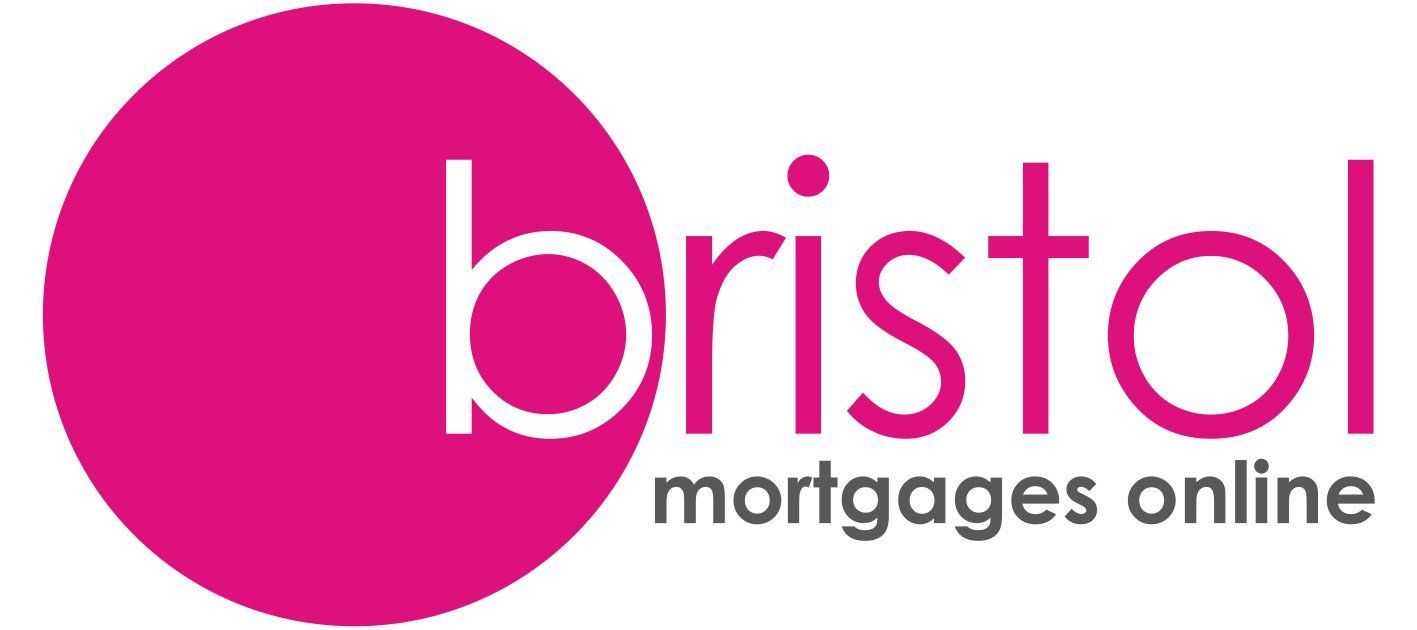Need Short-Term Property Financing?

Learn About Bridging Loans
Thinking about buying a new property before selling your current one? Or maybe you need quick funds to complete a renovation or secure an investment opportunity? You’re not alone. With today’s fast-moving property market, many homeowners and investors are turning to bridging loans to bridge the gap.
Here’s what you need to know before making a move.
What Exactly Is a Bridging Loan?
A bridging loan is a short-term finance option designed to help you access funds quickly, usually lasting from a few weeks up to 12 months. It’s secured against property and is often used to “bridge” the gap between buying one property and selling another.
There are two main types:
- Closed bridging loans: You have a clear exit plan and a set repayment date (for example, when a sale completes).
- Open bridging loans: There’s no fixed repayment date, but you still need a clear plan for how the loan will be repaid.
Why Some Borrowers Choose a Bridging Loan
Move fast: Ideal for property purchases where speed matters, like auctions or chain breaks.
Renovate or develop: Great for refurbishing a property before refinancing or selling.
Buy before you sell: Secure your next home without waiting for your current one to complete.
Flexibility: Lenders can tailor terms around your exit strategy.
Whether a bridging loan is right for you depends on your goals, timeframe, and how quickly you can repay it.
What to Watch Out For
Just like any financial product, there are pros and cons.
Interest rates: Typically higher than standard mortgage rates due to the short-term nature.
- Fees: Expect arrangement, valuation, and legal fees, these can add up.
- Exit strategy: Lenders will want a clear, realistic plan for how you’ll repay the loan.
- Security: The loan is secured against your property, failure to repay could put it at risk.
Quick tip: Focus on the total cost, not just the interest rate. A bridging loan can be an excellent tool when used correctly, but expensive if misused.
How Lenders Assess Bridging Loan Applications
Lenders usually consider:
- The value of the property being used as security.
- Your exit plan - such as a confirmed property sale or refinance.
- Experience (for developers or investors).
- Credit history, though some lenders are flexible for strong exit strategies.
When Does a Bridging Loan Make Sense?
- You’ve found your dream home, but haven’t sold your current one yet.
- You’re buying at auction and need funds quickly.
- You’re refurbishing or converting a property to increase its value.
- You need to release funds tied up in property temporarily.
Common Mistakes to Avoid
- No clear repayment plan: Always know exactly how and when you’ll repay the loan.
- Ignoring fees: Costs can eat into your profit or equity.
- Overestimating timelines: Property sales and refinances often take longer than expected.
- Skipping professional advice: Bridging loans can be complex—getting expert guidance is crucial.
What We Recommend
Bridging loans can be a smart short-term solution when used strategically. But they’re not a one-size-fits-all answer. It’s essential to get expert advice before proceeding
Our specialists can help you compare:
- Bridging loan costs and terms across lenders.
- Whether a bridging loan, remortgage, or development loan best suits your needs.
- How to structure your exit plan for success.
Ready to Get Started?
Contact Phil Clark today to discuss your mortgage options. Let us help make your mortgage as seamless and stress-free as possible.
How to Contact Us for Advice
Phil Clark will personally deal with your enquiry
Tel 0117 325 1511
Email info@swmortgages.com
Complete a form via our website www.bristolmortgagesonline.com
Please remember: YOUR HOME MAY BE REPOSSESSED IF YOU DO NOT KEEP UP REPAYMENTS ON YOUR MORTGAGE











